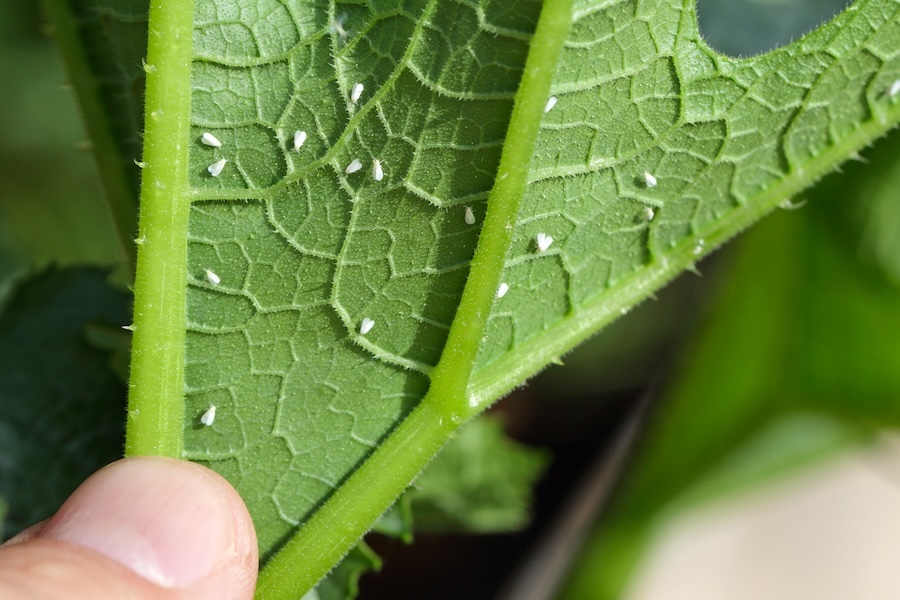The recent rains have reinvigorated Georgia’s mosquito population. As a University of Georgia Cooperative Extension agent, I have received numerous calls about mosquito control and what can be done to get relief from the biting when outside.
It is impossible to eliminate all the mosquitoes around your home, but you can make your yard more enjoyable by getting rid of mosquito habitats around your property.
Mosquitos love standing water and use anything that holds water as a breeding ground. Still or stagnant water less than an inch deep will support mosquito growth. Look for and empty clogged gutters, leaf-filled drains, drain outlets from air-conditioners, plastic wading pools, dog dishes, soft drink cans, plastic bags, old tires, birdbaths and potted plant saucers. Even tire ruts, rotting stumps, old tree holes and puddles also need to be addressed. The goal is to eliminate as many sources of standing water as possible.
Bodies of water that cannot be permanently drained, such as bird baths or other landscape water features, can be treated by using “Mosquito Dunks” to control the mosquito’s larval stage. Most of these larvicidal briquettes will last for several weeks and are safe to use around pets and animals.
Eliminating mosquito breeding habitats is only part of the battle. This will cut down on mosquito larvae becoming adults, but adult mosquitoes from other areas can fly in and cause you pain.
Mosquitoes will hide in tall grass, shrubbery and other dark and shaded areas. Keep grass mowed and shrubbery trimmed. In addition, use an insecticide labeled to kill mosquitoes on shrubbery and perimeter areas of your home. Products containing the active ingredient bifenthrin, carbaryl, cyfluthrin, permethrin or malathion can be used to kill mosquitoes that land in these areas. Wet surfaces uniformly, carefully treat vegetation, trying to coat bottom surfaces of shrubbery leaves. Read and follow pesticide label directions carefully.
For a quick but temporary solution, aerosol foggers can be used as well as electric, propane, and gas-powered foggers. These can be found at home and in garden stores. Also, be sure to follow label directions for their use.
Here are some recommendations from UGA Extension on how to reduce mosquito breeding.
- Clean out eaves and gutters.
- Remove old tires or drill holes in those used for playground equipment to allow them to drain. Cover stacked tires with plastic or store them under a shelter to avoid rain filling them with water.
- Check boats for standing water. Be sure to clear drain holes, turn the boat over, cover it or increase angle to aid drainage.
- Check tarps on boats or other equipment/items that may collect water in pockets or indentations.
- Remove vegetation or obstructions in drainage ditches that prevent the flow of water.
- Turn over or remove plastic pots.
- Dispose of broken, unused or discarded toys that can hold water.
- Pick up all beverage containers and cups.
- Replace water in birdbaths twice a week.
- Replace water in pet and other animal feeding dishes or troughs at least twice a week.
- Fill tree holes (hardwood trees) that hold water with sand.
- Dispose of broken or unused kiddie pools.
- Pick up plastic wrappers used for food or other products; mosquitoes can breed even in a discarded potato chip bag that has collected water.
- Don’t leave garbage can lids lying around upside down.
- Change water in bottom of plant containers, including hanging plants, at least twice a week.
- Fix dripping outdoor faucets that create pools of water.
By reducing breeding sites and taking a few simple precautions, you can reduce the number of mosquitoes around your home and the number of mosquito bites on you.





.png)


